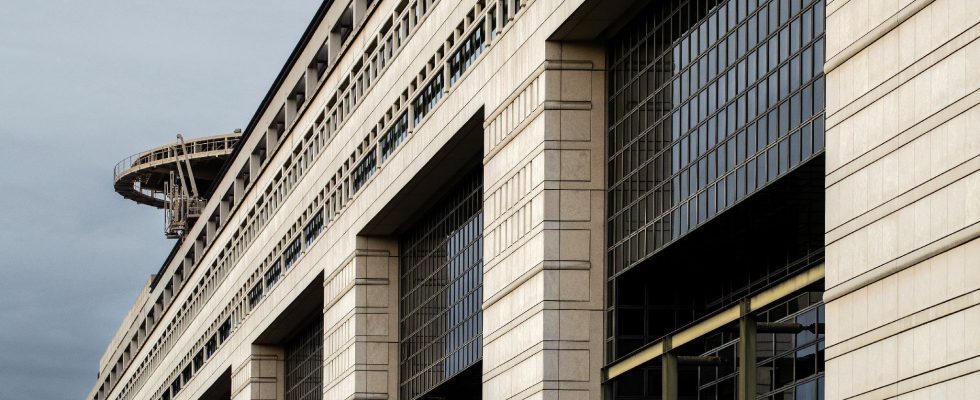After the boycott, the “bidule”. In June, the three main associations of local elected officials – that of mayors, departments and regions – had refused to participate in the Assizes of public finances. Considering itself excluded from Bercy’s choices in terms of reducing the country’s debt, the province had let Paris know that it had little taste for making up the numbers during this meeting organized by, and for, the executive.
Bruno Le Maire then drew a powerful response, recently confirmed by his new Minister of Public Accounts, Thomas Cazenave: the installation in the coming weeks of a High Council for Local Public Finance. “Local elected officials often have ideas in this area, reducing standards for example, we must help them move them forward, rather than unilaterally setting spending targets,” pleaded in The echoes Gabriel Attal’s successor.
Those concerned must have been happy to learn that they could have useful “ideas”. Which would aim, in addition, to correct the legislative and regulatory inflation… with which the government often overwhelms them. But the story does not end there. Since 1979, the Local Finance Committee has also been supposed to represent local authorities with the State on all budgetary issues. Composed of 32 elected officials, 11 senior civil servants, and as many alternates on both sides, it meets on average four to seven times a year. The urgency to flanking him with a clone is not obvious.
